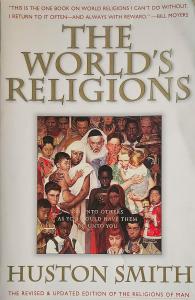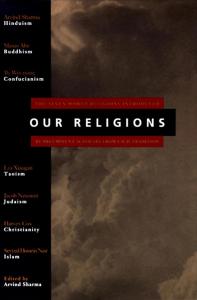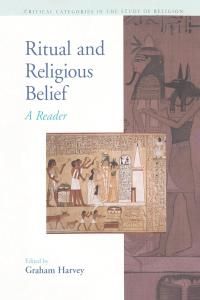Review
The Sociology of Religion by Max Weber is a comprehensive and thought-provoking analysis of religion's role in society. Published in 1922, it remains a seminal work in sociology, offering valuable insights into the complex relationship between religion and social structures.
Weber's objective in this book is to examine how social and cultural factors shape religious beliefs, practices, and institutions. He delves into the historical, cultural, and economic context of different religious beliefs and practices, highlighting their impact on individuals and societies.
The primary goal of Weber's analysis is to understand the role of religion in maintaining social order and shaping cultural norms. He argues that religion is powerful in maintaining social cohesion and providing individuals with meaning and purpose. By examining different religious beliefs and practices, Weber also sheds light on how religion can justify and maintain social inequalities and power structures.
Weber's objective is not limited to understanding the role of religion in society but also to critically examine its influence on individuals. He explores how religious beliefs and practices can shape an individual's worldview, values, and behaviors. Additionally, he examines the role of religious leaders and institutions in shaping the beliefs and actions of their followers.
The Sociology of Religion aims to provide a comprehensive and nuanced understanding of the complex relationship between religion and society. Through his in-depth analysis, Weber challenges readers to critically examine the role of religion in their own lives and in society as a whole. His work remains relevant and influential in the field of sociology and continues to spark meaningful discussions and debates.
One of the key themes in Weber's analysis is the influence of religion on social structures and power dynamics. He argues that religion has a profound impact on the organization of society and the distribution of power. In some cases, religion can act as a tool for maintaining social hierarchies and justifying inequality. Weber also explores how religious beliefs and institutions can challenge and disrupt existing power structures.
Another important aspect of Weber's analysis is the role of religion in shaping cultural norms and values. He highlights how religious beliefs and practices influence societal attitudes toward gender roles, sexuality, and morality. Furthermore, he examines how religion can reinforce and challenge cultural norms depending on a particular religion's specific beliefs and practices.
Weber's exploration of the relationship between religion and social structures extends to the economic realm. He argues that religion can play a significant role in economic systems, shaping the distribution of wealth and influencing economic behaviors. For example, certain religious beliefs may encourage or discourage economic activities such as saving, spending, or investing. Additionally, Weber highlights how religious institutions can accumulate wealth and maintain economic power.
One of the most significant contributions of The Sociology of Religion is Weber's concept of the Protestant work ethic. He argues that Protestantism, with its emphasis on hard work, frugality, and wealth accumulation, played a crucial role in the development of capitalism. This idea sparked widespread debate and continues to be a topic of discussion in the field of sociology.
In addition to his analysis of religion's impact on society and culture, Weber also delves into the individual level, examining how religious beliefs and practices can shape an individual's identity and sense of self. He argues that religion can give individuals a sense of belonging and purpose. Still, it can also lead to feelings of guilt, anxiety, and conflict.
The Sociology of Religion is a thought-provoking and comprehensive analysis of the complex relationship between religion and society. Weber's objective in this book is not only to understand the role of religion in maintaining social order and shaping cultural norms, but also to critically examine its influence on individuals and power dynamics. His work remains relevant and influential, offering valuable insights into the role of religion in our lives and society.






